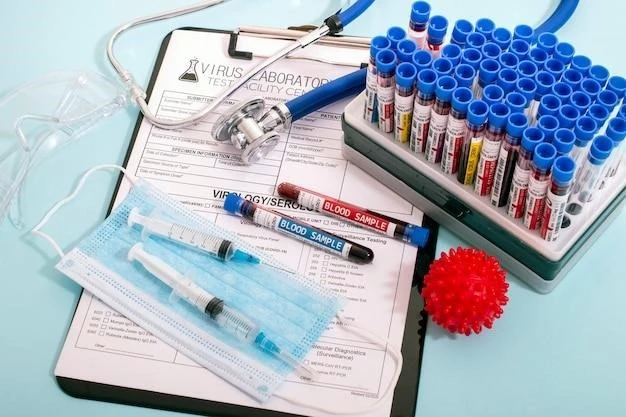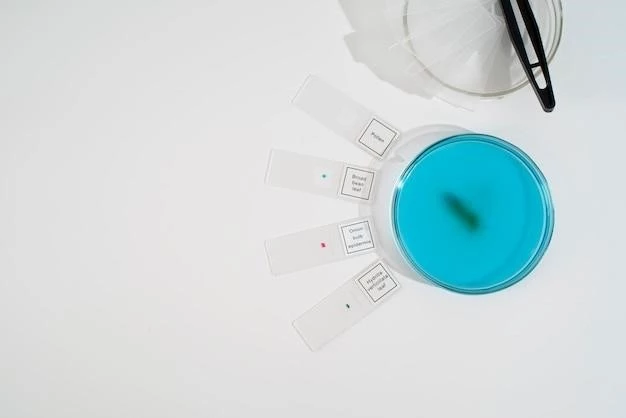When dealing with Cystinuria-lysinuria, understanding the causes is crucial. Genetic factors play a significant role in this condition, leading to the abnormal buildup of cystine and lysine in the body. Stay informed about these underlying causes to better manage the condition.
Causes of Cystinuria-lysinuria
Understanding the causes of Cystinuria-lysinuria is essential in managing the condition. This genetic disorder is primarily caused by mutations in the genes responsible for transporting cystine and lysine in the kidneys. When these mutations occur, the kidneys are unable to reabsorb these amino acids adequately, leading to their excessive excretion in the urine.
Additionally, there are different types of Cystinuria-lysinuria, each with its distinct genetic basis. Type 1 is associated with mutations in the SLC7A9 gene, while Type 2 is linked to mutations in the SLC3A1 gene. Understanding the specific genetic mutation causing the condition can help in personalized treatment approaches.

It’s important to note that Cystinuria-lysinuria is a hereditary condition, meaning it can be passed down from parents to children. If you have a family history of this disorder, genetic counseling can be beneficial in understanding the risks and implications.
Symptoms of Cystinuria-lysinuria
Being aware of the symptoms associated with Cystinuria-lysinuria is crucial for early detection and management. Common symptoms include recurrent kidney stones, abdominal pain, blood in the urine, frequent urinary tract infections, and difficulty passing urine.
Individuals with Cystinuria-lysinuria may also experience nausea, vomiting, and dehydration due to the presence of kidney stones. In some cases, the stones may be large and cause blockages in the urinary tract, leading to severe pain and potential complications.
If you notice any of these symptoms or have a history of kidney stones in your family, it’s essential to consult a healthcare provider for a proper diagnosis and treatment. Early intervention can help prevent complications and improve the quality of life for individuals with Cystinuria-lysinuria.
Diagnosis of Cystinuria-lysinuria
Diagnosing Cystinuria-lysinuria involves various tests and evaluations to confirm the presence of the condition. Initially, healthcare providers may conduct a thorough medical history review and physical examination to assess symptoms and risk factors.
Diagnostic tests commonly used for Cystinuria-lysinuria include urine tests to analyze the levels of cystine, lysine, and other substances. Imaging studies such as CT scans or ultrasounds can help visualize kidney stones or structural abnormalities in the urinary tract. Genetic testing may also be recommended to identify specific gene mutations associated with the disorder.
It’s essential to work closely with your healthcare team to undergo the necessary diagnostic procedures promptly. Early and accurate diagnosis is key to initiating appropriate treatment strategies and preventing complications associated with Cystinuria-lysinuria.
Treatment options for Cystinuria-lysinuria
Effective management of Cystinuria-lysinuria typically involves a combination of treatments to address the underlying causes and symptoms of the condition. Treatment options may include⁚
- Dietary modifications⁚ Following a low-sodium, low-protein diet and increasing fluid intake can help reduce the formation of kidney stones.
- Medications⁚ Your doctor may prescribe medications to help dissolve cystine stones or prevent their formation.
- Extracorporeal shock wave lithotripsy (ESWL)⁚ A non-invasive procedure that uses shock waves to break kidney stones into smaller pieces for easier elimination.
- Surgical intervention⁚ In some cases, surgery may be necessary to remove large stones that cannot pass on their own.
- Genetic counseling⁚ Understanding the genetic basis of the condition can help in making informed decisions about family planning and genetic testing.
It’s crucial to work closely with your healthcare team to develop a personalized treatment plan tailored to your specific needs and goals. Regular monitoring and follow-up care are essential to ensure optimal management of Cystinuria-lysinuria.
Managing Cystinuria-lysinuria
Proper management of Cystinuria-lysinuria is essential for maintaining overall health and reducing the risk of complications. Here are some key strategies to help you effectively manage the condition⁚
- Stay hydrated⁚ Drink plenty of water throughout the day to help prevent the formation of kidney stones.
- Follow a balanced diet⁚ Maintain a diet low in sodium and protein while incorporating foods rich in citrate, which can help prevent stone formation.
- Take medications as prescribed⁚ Adhere to your doctor’s recommendations regarding medications to manage cystine levels and prevent stone formation.
- Avoid trigger foods⁚ Limit foods high in oxalates, such as spinach and chocolate, which can contribute to stone formation.
- Regular follow-up⁚ Attend scheduled appointments with your healthcare provider for monitoring and adjustments to your treatment plan as needed.
By proactively managing Cystinuria-lysinuria through lifestyle modifications and proper adherence to treatment recommendations, you can better control symptoms and improve your quality of life. Remember to communicate openly with your healthcare team about any concerns or changes in your condition.
Research developments in Cystinuria-lysinuria
Staying informed about the latest research advancements in Cystinuria-lysinuria can provide valuable insights into emerging treatments and approaches for managing the condition. Researchers are continually exploring novel strategies to improve the diagnosis, treatment, and outcomes for individuals with Cystinuria-lysinuria.
Current research efforts focus on developing targeted therapies that can address the underlying genetic causes of Cystinuria-lysinuria, potentially paving the way for more personalized and effective treatment options. Additionally, studies are underway to evaluate the impact of dietary interventions, medications, and surgical techniques on reducing stone formation and improving kidney function.
By staying engaged with ongoing research developments and clinical trials related to Cystinuria-lysinuria, both patients and healthcare providers can collaborate to ensure that the most up-to-date and evidence-based care is provided. Stay curious, ask questions, and discuss any new findings with your healthcare team to explore the potential benefits for your treatment plan.
Lifestyle changes for Cystinuria-lysinuria
Implementing lifestyle changes can play a significant role in managing Cystinuria-lysinuria and reducing the frequency of kidney stone formation. Here are some practical adjustments you can make to support your overall well-being⁚
- Stay hydrated⁚ Drink an adequate amount of water daily to dilute urine and reduce the risk of stone formation.
- Follow a low-sodium diet⁚ Limiting salt intake can help prevent calcium-based stones from developing.
- Limit animal protein⁚ Reduce consumption of animal proteins like red meat and poultry to lower the risk of uric acid stones.
- Incorporate citrus fruits⁚ Citrus fruits like lemons and oranges can boost citrate levels in urine, which helps inhibit stone formation.
- Maintain a healthy weight⁚ Obesity can increase the likelihood of kidney stones, so aim for a healthy weight through a balanced diet and regular exercise.
By making smart lifestyle choices and adopting habits that promote kidney health, you can positively impact the management of Cystinuria-lysinuria. Consult with your healthcare provider or a dietitian to create a personalized plan that aligns with your needs and goals.
Support groups for Cystinuria-lysinuria
Joining a support group can provide invaluable emotional support, shared experiences, and resources for individuals living with Cystinuria-lysinuria. Connecting with others facing similar challenges can offer a sense of belonging and empowerment in managing the condition.
Support groups, whether in-person or online, create a safe space for members to share concerns, ask questions, and receive encouragement from peers who understand the complexities of living with Cystinuria-lysinuria. These groups often offer educational materials, guest speakers, and opportunities for social interaction.
Consider reaching out to organizations such as the Cystinuria Support Network or rare disease communities to explore available support group options. Engaging with a supportive community can enhance your coping strategies, provide motivation for treatment adherence, and foster a sense of resilience in navigating the challenges associated with Cystinuria-lysinuria.
